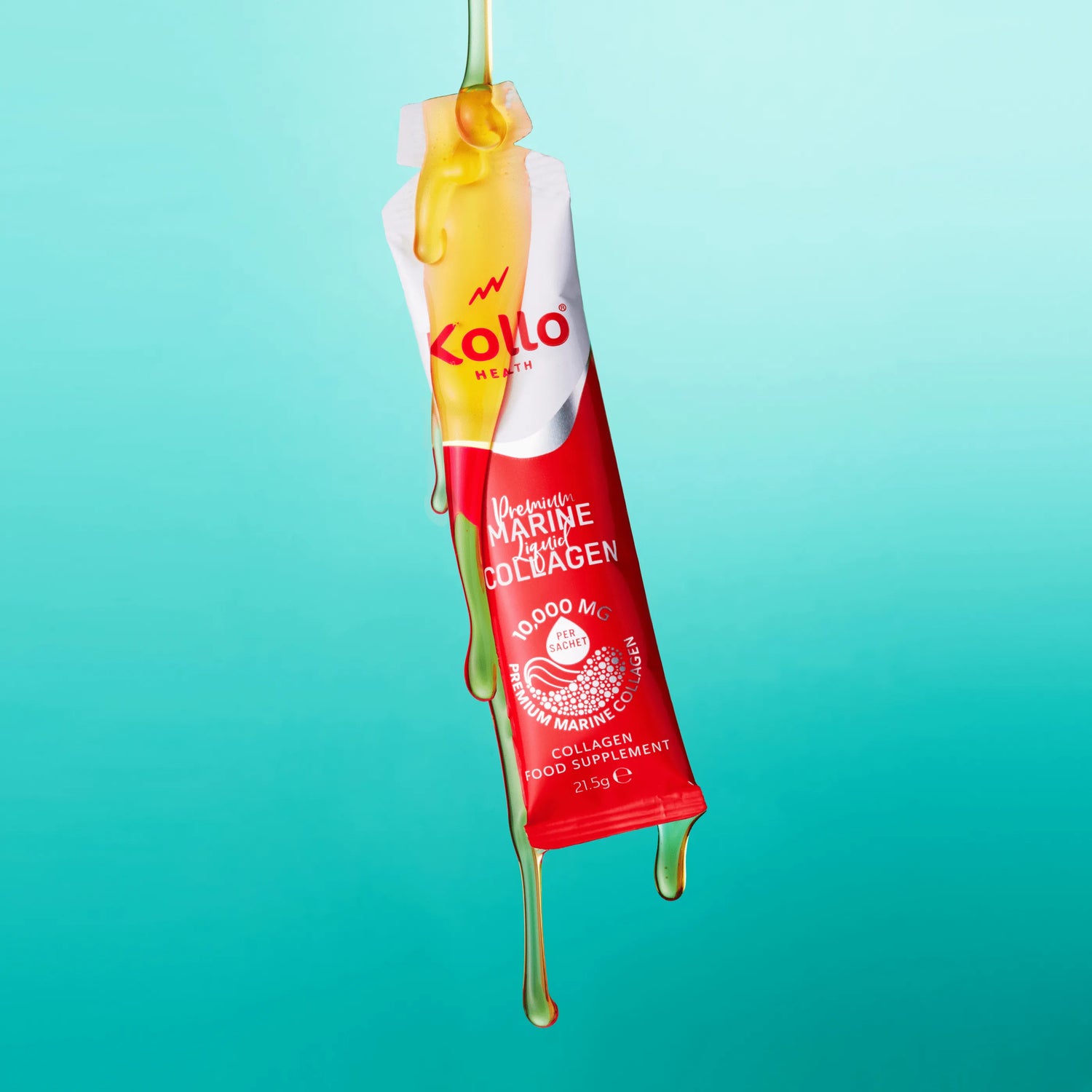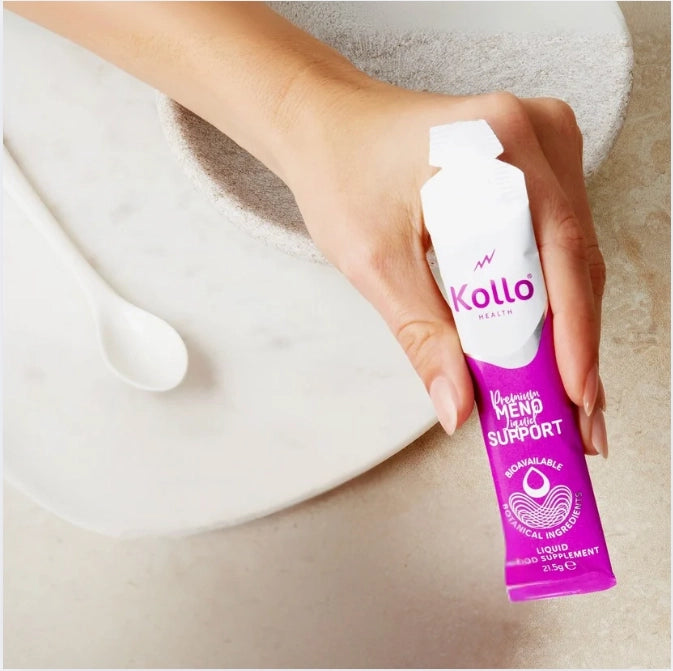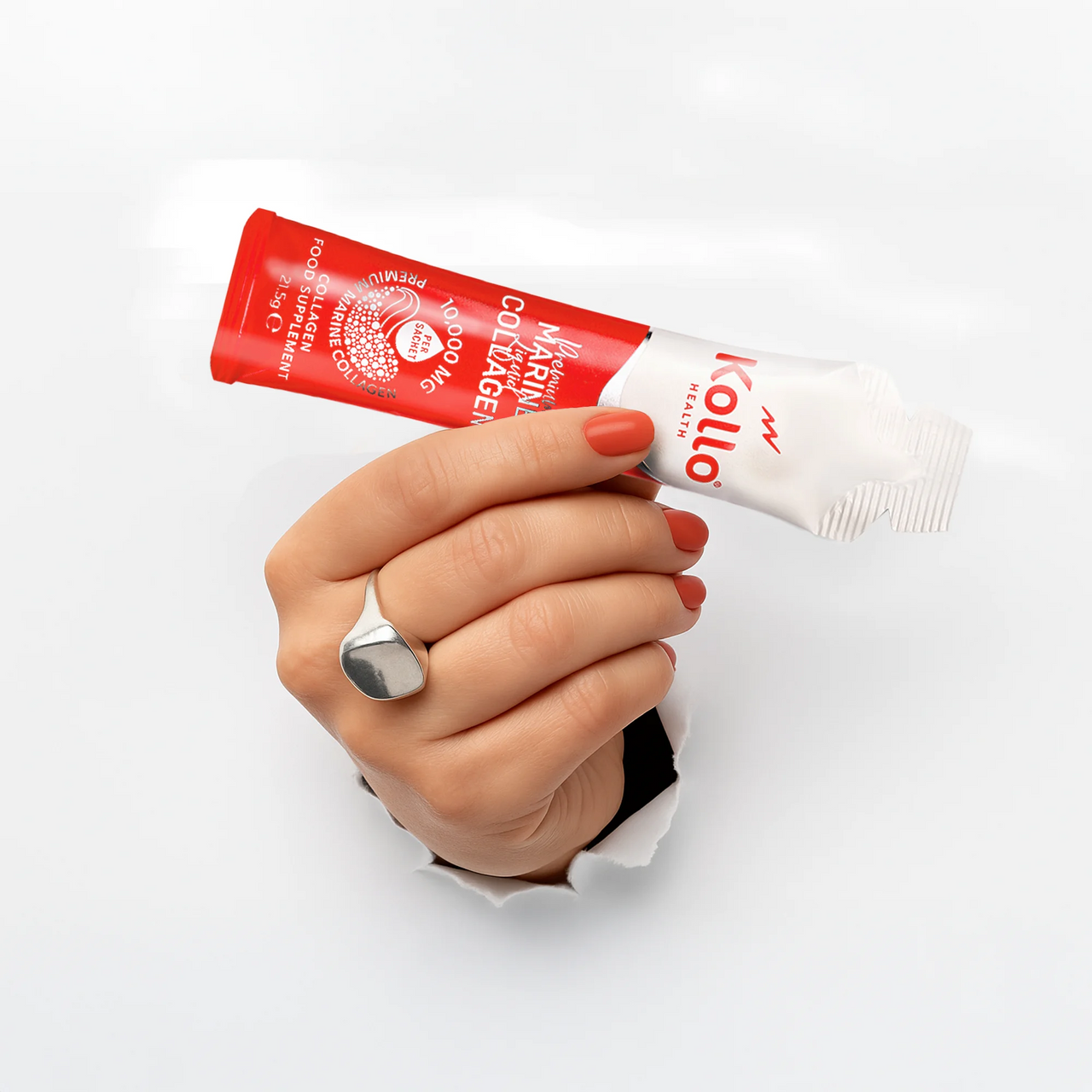What's the deal with vitamins?
This is a question that has only relatively recently been answered, on the scale of human medical treatments. Even the concept of nutritional calories was in use long before the first mention of a vitamin – which was, in itself, a misnomer!
It was realised that despite people eating enough calories and a reasonable balance of macronutrients (fat, protein and carbohydrate) there was something missing from some diets: something that caused some illnesses worsened others, and was responsible for a number of dietary, digestive and alimentary issues.
The wonderfully named Casimir Funk coined the phrase ‘vital amine’ in 1912, positing the existence of this ‘something’ that science had not yet managed to isolate. He personally uncovered four vitamins, those now known as B1, B2, C and D.
Quickly it was understood that while the substances were indeed vital, they weren’t necessarily amines (technically, a chemical compound consisting of a base nitrogen cell and other components), and the handy portmanteau ‘vitamine’ was shortened a tiny bit further to become the standalone word vitamin.
Initially, vitamins were named in order of discovery – A, B, C, D, etc, but the branching out of the B vitamins into a whole family of twelve (which have since been reduced to 8, for various technical reasons – but this is why you cannot find Vitamin B10 on the shelves!) led to scientists breaking with that tradition. Vitamin K, for example, is so-named because the Danish word for coagulation (for which Vitamin K is essential) is ‘koagulation’.
Depending on how they are made, vitamins might actually be hormones. For example, Vitamin D (which, charmingly, our bodies manufacture from sunshine) is both a hormone and a vitamin, as it can be made in the body (hormone) and synthesised to be taken as a supplement (vitamin).
However they are made or defined, there is no doubt that vitamins are absolutely essential to our health, and they can often perform a double job, boosting the immune system, helping our blood to clot, and many other tasks, and aiding with the absorption or usage of other supplements. For example, when taking a marine collagen supplement
(which is a wonder compound that can help you stay young with healthy hair and healthy nails, offering discernible reductions to fine lines and wrinkles, as well as easing joint aches and pains, minimising the signs of ageing and so much more) taking a Vitamin C tablet alongside can help your body to optimise the collagen: making sure that your body makes the best possible and most efficient use of the collagen supplement.







